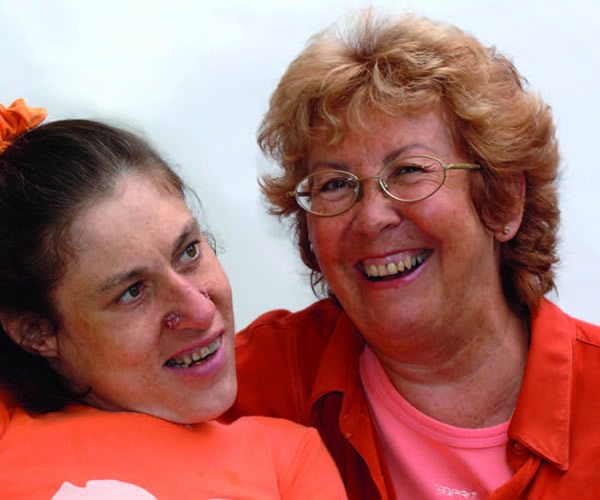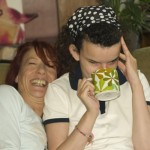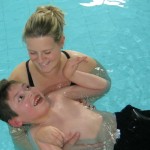Within This Issue
The theme for this issue is sharing perspectives. This is a general issue on a range of topics discussed from diverse perspectives – parents, teaching assistants, researchers and many more. Rachel, a teaching assistant, describes her job and the satisfaction it gives; another educator shows how Interactive Sensory Stories can provide a means, a reason and an opportunity to communicate; and another school-based team describe how a music and sensory group has found new ways to communicate. One article tells about the unsettling and incomplete review of day services provision for adults with PMLD in one area. There is a report on the three year ‘Involve Me’ project which aims to increase the involvement of people with PMLD in decision making and consultation. Collaboration Comics were developed as a visually appealing communication tool for young people with severe learning disabilities to express their thoughts, feelings and ideas during their transition planning meetings and the author explores the potential for this tool to be used with individuals with more profound difficulties. Lincolnshire’s County Carers’ Group supports parents and other family carers of people with learning disabilities and reports on survey of family carers which reveals a constant underlying disquiet concerning healthcare for their learning disabled family members. There is report on the Improving Health and Lives (IHaL) Learning Disability Observatory which was a three year government funded project with the aim of reducing the health inequalities faced by all people with learning disabilities in England. An article describes the convoluted process of applying to the Court of Protection to become a deputy in order to make decisions in someone’s best interest when they lack capacity. There is also a summary of a long awaited government green paper, detailing its approach to special educational needs and disability, and details about a research project to develop a framework to engage pupils with complex learning difficulties and disabilities.




